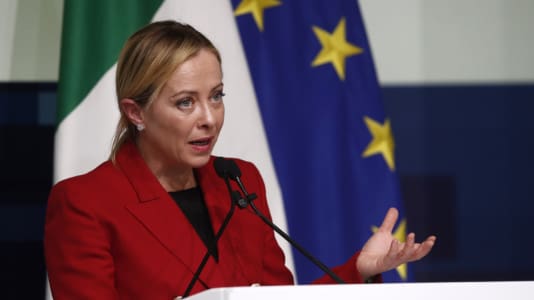The British government is set to spend more than £20 million of taxpayers’ cash on an advertising campaign calling on Brits to reduce their energy consumption by turning down their heating at the peak of winter.
With temperatures in London this week dropping to as low as -4°C, the ad campaign set to launch this weekend will encourage people to turn down their radiators and boilers to save consumption and costs with the tag line: “It All Adds Up.”
One specific aim, according to The Telegraph newspaper, is for Brits to lower their boiler temperature to 60°C, with the government estimating that this could save households up to £100 a year.
It is reported that celebrities may be signed up in an attempt to persuade young people to keep their energy consumption to a minimum, while government ministers are expected to do the broadcasting rounds to spread the message to the nation. A website promoting the campaign is also expected to go live this weekend.
Furious social media users vented their frustration at the government’s call for users to trim the fat even further, at a time when money-conscious families are attempting to keep sky-high energy bills as low as possible.
“My thermostat is set to a max of 17°C and it doesn’t go on until my son gets home from school,” wrote one user. “I freeze all day because I want to be able to afford to have the house warm in the evening while all my family are at home! I can’t do any more than I am!”
“No one can afford to turn it on in the first place! Maybe they could have send that £20 million to pensioners so they don’t freeze to death in their homes instead,” suggested another, while a third user added: “So they are actually spending money in a marketing campaign instead of actually helping people?”
Acclaimed scholar Jordan Peterson commented on the plans, warning it “will kill elderly people who are differentially sensitive to respiratory infections.
He added: “Delusional green policies kill. Literally. Now.”
Wholesale electricity prices reached an all-time high in Britain this week, with the National Grid on Monday showing prices peaking between 1-2 p.m. (GMT) at £1,650 per MWh, far above the yearly average price of £200 per MWh.
Britain’s energy network announced contingency measures including the potential firing up of two coal plants that had been put on standby. With renewable energy sources providing minimal production, the country has relied on fossil fuels to see it through the last few days of freezing conditions.






